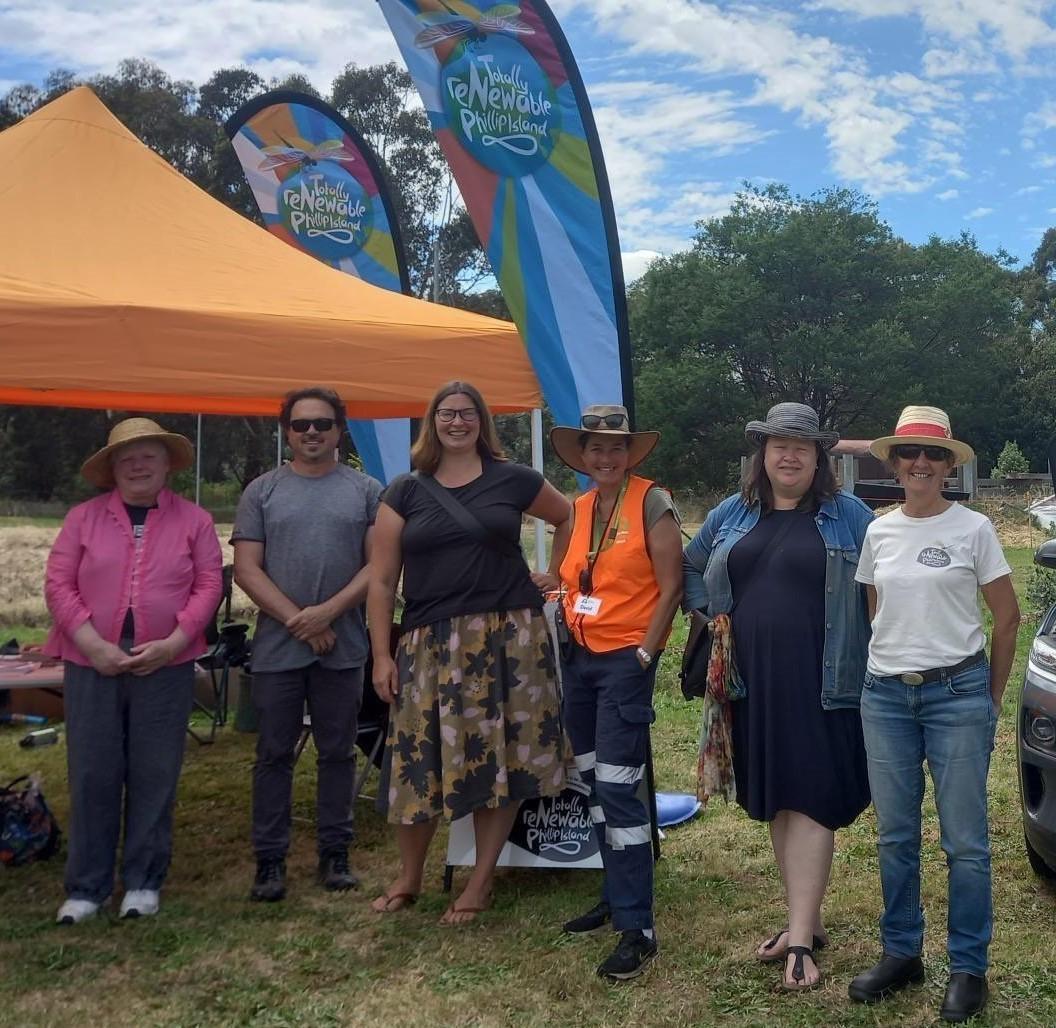The people of Phillip Island in Victoria have a vision: 100% renewable energy by 2030. They are keen on a solar farm and/or solar carpark to provide sufficient energy for the 12,000-strong population – but to make the right decision, they needed informed advice on a range of options.
Middleton Group engineers Jason Gomes, Abrar Aziz and Roger Brown were engaged by Gippsland Community Power Hub, on behalf of Totally Renewable Phillip Island and Energy Innovation Cooperative, to provide a pre-feasibility study to assess all the options, provide a business case for each and summarise their viability.
The team started by looking at existing infrastructure. Phillip Island is supplied via a 66kV sub-transmission line to a zone substation on the island that feeds out via a 22kV distribution network. The locals have been keen solar adopters: as of June 2022, around 23% of the 12,500 private homes on the island had solar installations. Since 2014, solar capacity has been growing 29% on average, year on year. In late 2022, the community will also have access to a 5MW/10MWh lithium-ion battery adjacent to the substation that will offer greater reliability in electricity supply.
The team modeled the technical and economic viability of 100kW, 1MW and 5MW solar farms at the vacant land adjacent to the existing substation. They explored issues such as sunshine hours at the site, return on investment, the connection process to the grid, subsidies available from the government, and varying options for solar system components.
Financial modelling suggests the 1MW and 5MW system may be commercially feasible – depending on the actual cost of land, equipment chosen and the revenue model. The team recommended a pathway to follow towards solar farm development.
The Middleton team also looked at the feasibility of a solar carpark for 12 vehicles at the island’s transit centre to support existing eV charging infrastructure. However, they found that the cost of installing a canopy to house more panels might make such a project a poor return on investment, and suggested investigating using an existing rooftop to install the panels.
Darren McCubbin, CEO of Gippsland Climate Change Network, says the reports gave the community a “valuable roadmap”. The value that Middleton Group brought to the project, he said, “was working with a professional organisation with independent views understanding the complex nature of electricity systems and willing to work directly with volunteers on the ground to scope and analyse their community projects.” He added, “We were impressed with the knowledge and care taken by the team in working with our people. Thank you to Middleton Group!”
FUTURE-FOCUSED: Members of Totally Renewable Phillip Island at a sustainability festival in 2021. (L-R) Neroli Raff, Tim Sturges, Zoe Geyer, Bhavani Rooks, Jeni Jobe, Mary Whelan.
Contact us
Abrar Aziz
General Manager — Infrastructure


